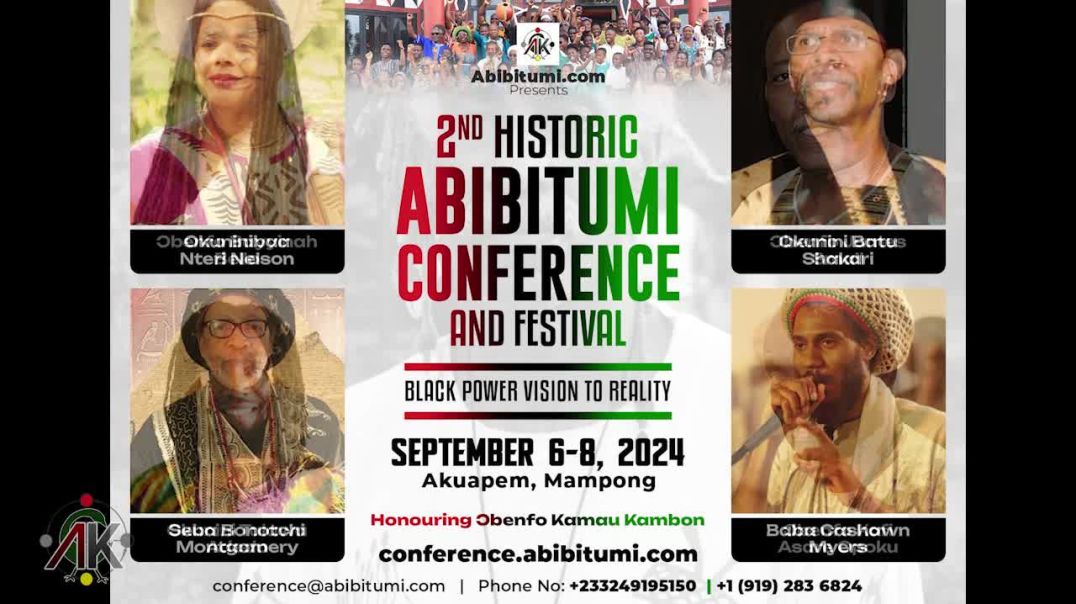The words Mpêmba and Kalunga refer both to water and to the holy ancestors, but not in the very same meaning.
That mpêmba is the name of the world of the ancestors is seen in proverbs such as: ku mpêmba kua yita wâku. Explaining this wisdom in his “Proverbes de Bakongo”, Oscar Stenström affirms: “it is neither difficult nor dangerous for one to go in a place where friends has preceded” (p. 148). In fact, this proverb expresses the conviction of the Bakôngo, the Kôngo people, that at their death they will be received in the beyond by the dead preceding relatives, in the holy world of the ancestors.
The word mpêmba designates also the kaolin. In Kôngo judiciary system, to the winner in a court of law (mbazi a n’kanu) was applied kaolin (mpêmba) on the forehead, the loser on the contrary received the charcoal (kala). This implies that mpêmba was associated with truth, light, righteousness, and with the fact of having sided with the illuminated ancestors. The devil is called nkadi ampêmba. Nkadi means bitter; it thus figuratively alludes to that which we hate. Therefore, in Bukôngo, nkadi ampêmba (the devil) is not a person, but an attitude, the hatred of righteousness, the failure to side with truth, with light, with the illuminated ancestors, with the mpêmba.
All this implies that the word mpêmba refers to the world of the ancestors as a plane of purity and light. As the Child of God used badly their free will in heaven, they committed their first sin (sumu). This inevitably led to their fall into a temporary plane characterized, at that initial moment, by darkness and chaos. There they remained until, impelled by the power of Mpina Nza (the Logos), the creator (Mbumba Lowa) reached downward to them and brought relative light and order.
But, in accordance to his free will, Mbumba Lowa left to the mûntu (the human being) the task to fulfill the regaining of the lost expression of his divine completeness (the Kimalungila, or the temporal expression of the Logos, Mpina Nza). This the mûntu will accomplish thanks to initiation. Initiation. Initiation, through its divine teachings, symbolically carries the mûntu from the deem light of nseke (the world of the here leaving) to the world of the illuminate ancestors (mpêmba) in which he will be supposed to be living from now on until he will regain the company of the Children of God in heaven (zulu). The nseke and the mpêmbe are separated, according to Kibambwende Kia Bunseki Fukiau, by the kalunga line.
The word Kalunga stems from the verb lunga (to be complete). Like mpêmba, kalunga refers to the world of the ancestor, but in relation to its omnipresence and immanence. Kalunga is another name for the ocean (mbu). It refers to this plane of water according to its immensity and imposing presence.
When a Mukôngo (singular of Bakôngo) is summoned his traditional usual way of responding is: Kalunga! This clearly links the word kalunga to the expression of the presence. But one must know that the Mukôngo could also reply by saying: Kôngo! Now, Kôngo is the eponymous divinity of the Bukôngo, the primeval holy ancestor. This implies that by responding kalunga, the mukôngo is claiming his manifestation of the presence of God, Nzâmbi Ampûngu Tulêndo.
In a famous sermon he delivered in a forest of the village Mbanza-Nsânda, Kôngo-Central, Democratic Republic of Congo, the great Kôngo prophet Simon Kimbangu offered a prayer that constitutes a key document for the understanding of the theism of Bukôngo, the Kôngo religion.
In this sermon Simon Kimbangu affirms that: “God is not the time nor the space. He is the All-in-all (wena wa kalunga)”. This is a clear proclamation of the immanence of the Nzâmbi Ampûngu Tulêndo, the Most-high. God as Kalunga is the omnipresent, the one whom every good being and thing is the manifestation, the one who is the substance of them.
Therefore, mpêmba and kalunga may be rightly defined a attributes of the divinities in the Bukôngo. The first term refers to their purity as conducive to divine light, and the second alludes to their immanence as inseparable nature from us.









